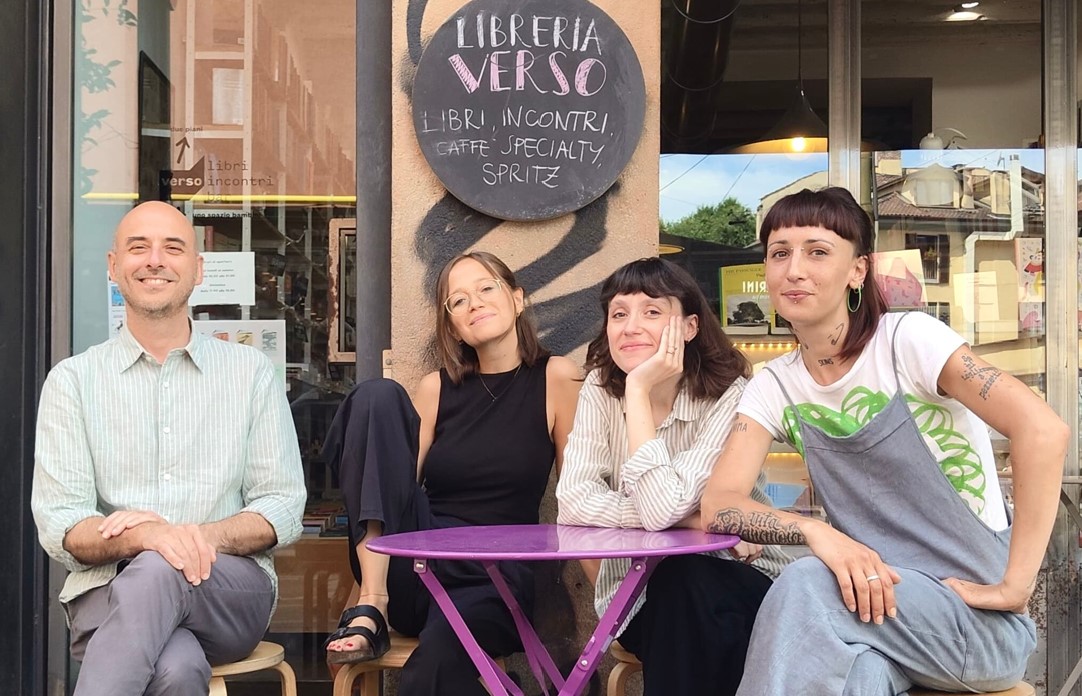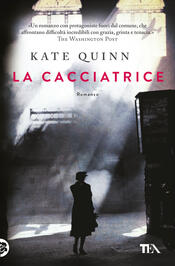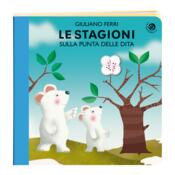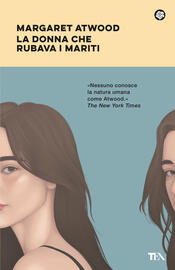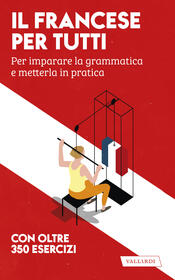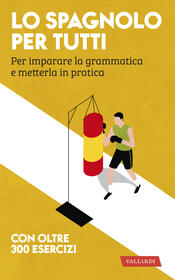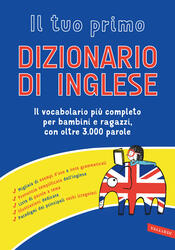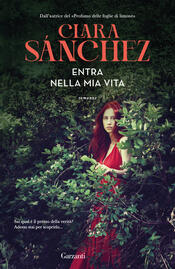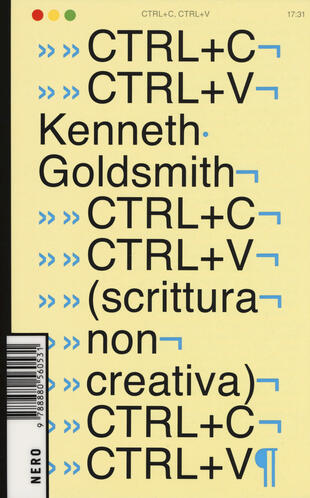

Sinossi
E se a reinventare la letteratura fossero proprio quelle tecniche di scrittura rimaste a lungo escluse dal suo campo d'azione, come l'elaborazione testi, la programmazione e la crittografia? Se a dare nuova sostanza all'atto creativo fossero il plagio, l'appropriazione, il furto e quindi, in fin dei conti, la non originalità? In questo libro/manifesto - veloce, provocatorio, a tratti irriverente, ma ricco di riferimenti storici - Kenneth Goldsmith tenta di ripensare la figura dello scrittore (ma anche del lettore) contemporaneo. Non più un genio romantico e isolato, ma un programmatore di linguaggio, un pensatore interconnesso che predispone e si prende cura di una complessa «macchina da scrittura». Il linguaggio è ormai ovunque, i testi si moltiplicano, persino le nostre immagini, i nostri video, la nostra musica, sono fatti di lettere. Di fronte a questa proliferazione, dobbiamo per prima cosa imparare a negoziare e gestire l'enorme quantità di testo a cui siamo esposti. Partendo dal modo in cui le arti visive hanno reagito all'avvento della fotografia, Goldsmith tenta di ripensare la creatività dal suo apparente azzeramento, tracciando una narrazione che attraversa, intrecciandoli, gli ultimi cento anni di storia della letteratura e delle arti visive: dalla poesia concreta fino ai più recenti esperimenti post-internet, dal situazionismo alla videoarte, passando per James Joyce, Walter Benjamin, Jonathan Lethem e Cory Doctorow.
- ISBN:
- Casa Editrice:
- Pagine: 286
- Data di uscita: 24-07-2019
Recensioni
Two words in response to this text: “NO DUH!” This text is way behind the times. After Barthes killed the (already long-dead) author, after Borges swarmed aspiring academics and writers in an labyrinthine sea of infinite information, after Duchamp turned art into readymades and then Levine appropria Leggi tutto
Goldsmith proposes that the literature of the digital age should not really be written to be read , but rather not read , just thought about. Perhaps he intended this book to function as an illustration - and that's why it has so many spelling and editing mistakes! Structurally, the book seems to be co Leggi tutto
I preferred Goldsmith's book to Marcus Boon's In Praise of Copying . I am now eager to read Marge Perloff's Unoriginal Genius: Poetry by Other Means in the New Century . I'm still partial to Hillel Schwartz's overwhelming The Culture of the Copy: Striking Likenesses, Unreasonable Facsimiles , but I app Leggi tutto
The analysis gets a little repetitive essay to essay, but the case studies are neat. Essentially Goldsmith briefly sets up and reiterates his philosophy the same way each time, but then presents you with a bunch of new and cool rabbit holes to fall down. There's also a solid index at the back for wh Leggi tutto
Extremely dense and full of inspiration. At the same time, it feels challenging but also way too complex for an ignorant on the subject. It sure changed my way to view writing but I'll need some time to reflect upon the choices it offers.
But the callow merlin found it very difficult to enlist his liberty in the cause for which he had chosen obscurity. Self-hooded---caged, most of the time, by his own will---through starving for prey and dreaming of empyreal conquest, he brooded over the unending desire that diverted his imagination
I despise textbooks. For me, they capture the anti-intellectual 'dumbed down' imperative of higher education. Generic, standardized, low-level 'knowledge' masquerading as scholarship. But Kenneth Goldsmith's _Uncreative Writing_ is the only book I would use to 'teach' writing. Indeed, if I was teach Leggi tutto
(3.5) está re interesante. la cagada es q estaba leyendo para algo de la facultad y descubrí q no me servía jajan't
Citazioni
Al momento non ci sono citazioni, inserisci tu la prima!

